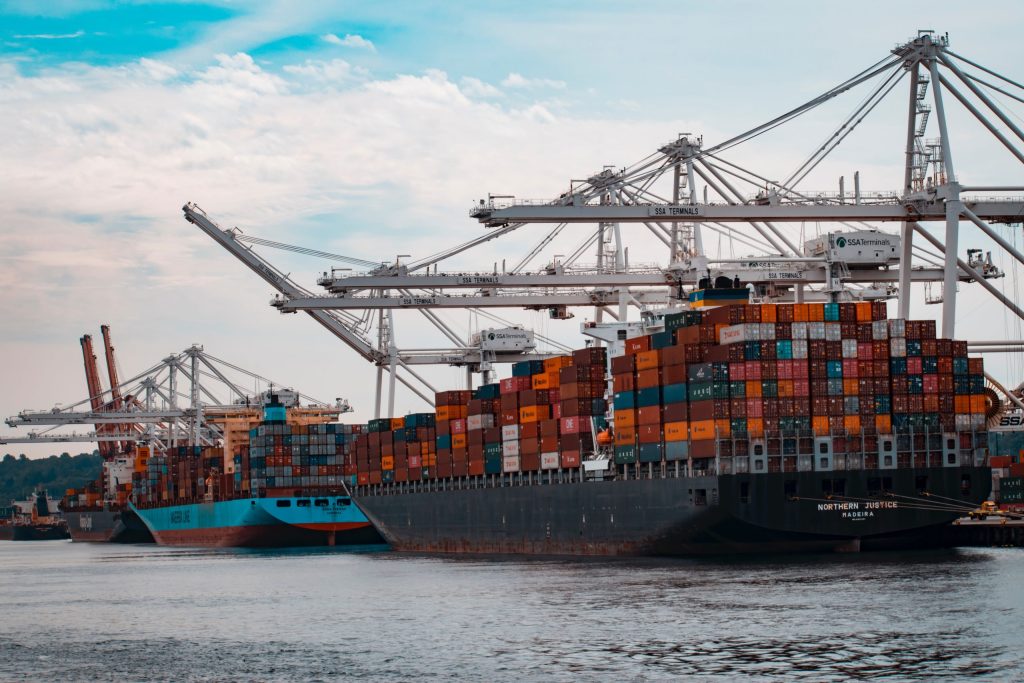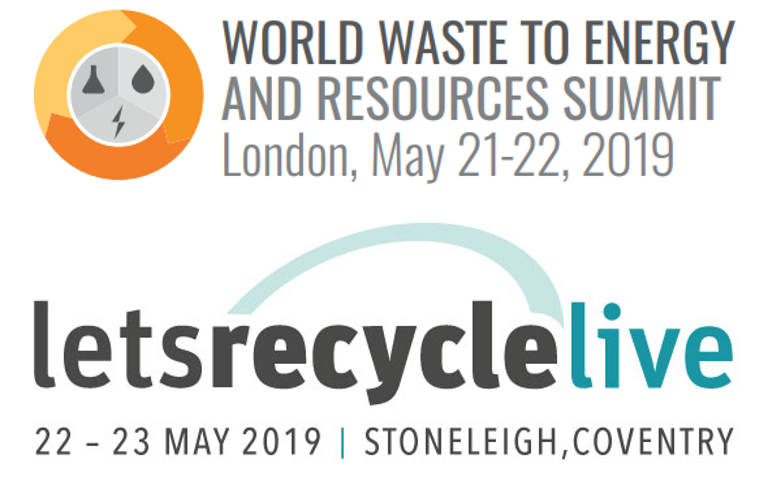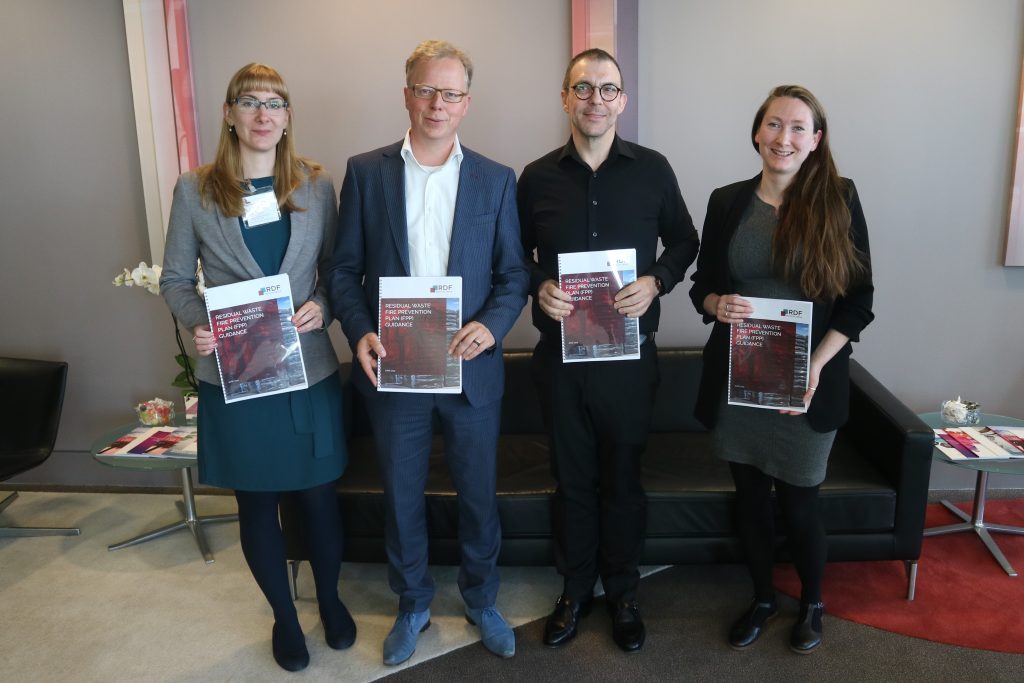The RDF Industry Group calls on the UK Government, EU Commission and Member States to recognise the role that waste-derived fuels can play in reducing methane emissions from landfill and to ensure cross-border trade in RDF is not hindered.
Methane is a powerful greenhouse gas that the European Commission estimates has been responsible for approximately 50% of global warming since pre-industrial times. Whilst methane is a more potent greenhouse gas than CO2, it breaks down at a much faster rate within the atmosphere (within one decade compared to hundreds/thousands of years). Therefore, the reduction of methane emissions can achieve significant short term climate gains whilst long term changes to reduce CO2 emissions are implemented. The UNEP’s Executive Director, Inger Andersen, stated: “Cutting methane is the strongest lever we have to slow climate change over the next 25 years…”.
To galvanise action on methane reduction (and coinciding with COP26 in Glasgow), the European Union and the United States have just launched the Global Methane Pledge. Under the Pledge, countries commit to a collective goal of reducing global methane emissions by at least 30% from 2020 levels by 2030. If successful, the Pledge could reduce global warming by at least 0.2 degrees Celsius by 2050.
The Waste Sector’s Contribution to Methane Reduction
In a recent study on methane emissions mitigation, the Climate and Clean Air Coalition (CCAC) and the UNEP determined that “the largest potential in Europe [for methane emissions reduction] is in the waste sector”. Through the diversion of waste from landfill – where the decomposition of organic components releases methane – the waste sector has the opportunity to make a significant contribution to methane emissions reduction.
Currently, the EU still landfills almost a quarter of all its municipal waste. Whilst the Landfill Directive sets a target of reducing the proportion of municipal waste sent to landfill by 10% by 2035, as a result of the EU’s transition to a circular economy and the promotion of alternative waste management routes, further methane emissions reductions could be achieved. Previous analysis undertaken by the RDF Industry Group shows that one tonne of waste landfilled emits ten time more CO2e overall than if it were recovered in an EfW facility (utilising UK landfill and Dutch EfW facilities as a reference point).
In the context of RDF export, the European community must work together to optimise residual waste management at an EU-wide level and ensure that spare EfW capacity in Northern and Western Europe is used to divert waste from landfill in other countries. Through this approach, methane emissions associated with waste management can be reduced for the EU as a whole.
Therefore, the RDF Industry Group calls on policy makers to align waste policy with the EU and UK’s commitment to reduce methane emissions through the removal of barriers to the optimal utilisation of all available energy-from-waste capacity in Europe. Import, incineration and carbon taxes that hinder the free trade of waste-derived fuels and make the transition from landfill more difficult should be redesigned or removed. With a suitable policy structure that supports the free cross-border trade of waste-derived fuels, better residual waste management can become a major contributor to EU and UK efforts to meet the Global Methane Pledge.
Robert Corijn, Chair of the RDF Industry Group and Marketing Manager at Attero B.V. said:
“One of the best ways for Europe to reduce its methane emissions is by reducing, as far as possible, the amount of municipal waste being sent to landfill. With a quarter of Europe’s municipal waste still being treated this way there is a long way to go. We are seeing some EU Member States considering a reduction in national energy-from-waste capacity, and others putting up barriers to using this capacity, at a time when Member States should be working together to ensure this existing capacity is used to divert waste from landfill. Only through this kind of joined-up thinking will Europe be able to effectively, and quickly, reduce its overall methane emissions.”



